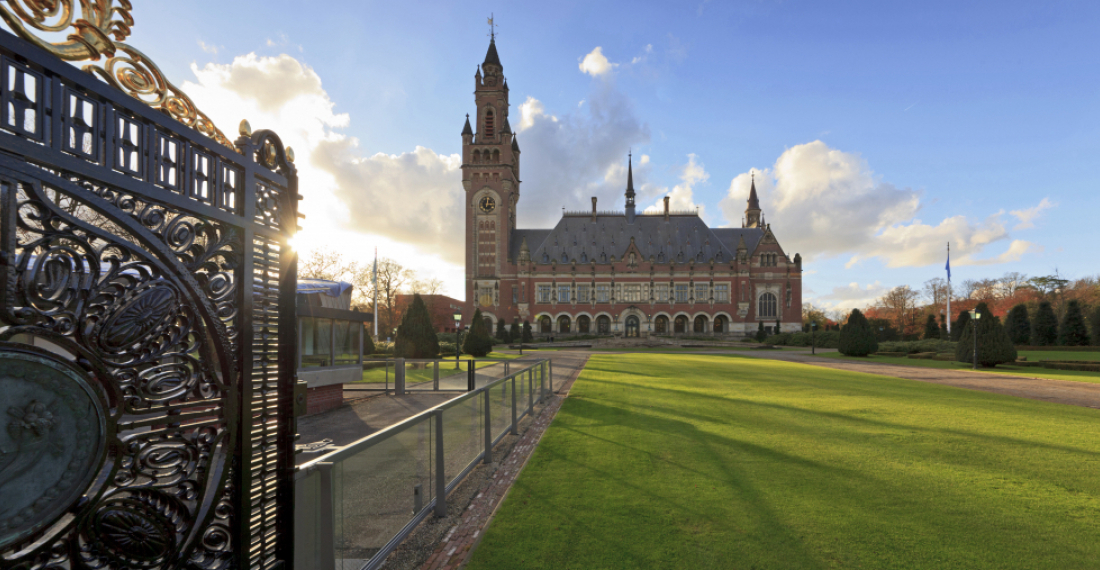The International Court of Justice (ICJ) issued a ruling yesterday on the ongoing cases concerning Armenia and Azerbaijan.
Earlier this year, Baku and Yerevan both brought their cases to the ICJ, accusing each other of violating the International Convention on the Elimination of all Forms of Racial Discrimination (CERD). While the final ruling will likely take longer, the report from yesterday is intended to serve as provisional guidance which both sides must abide by. Nevertheless, the court itself has no enforcement power, and it is therefore uncertain how significant and impactful this latest rulings will be.
The UN’s top court ordered both countries to “prevent the incitement and promotion of racial hatred”, and to avoid any actions which would aggravate the current dispute. The rulings also ordered Azerbaijan to protect from violence and harm "all persons captured in relation to the 2020 conflict who remain in detention" and to "prevent and punish acts of vandalism and desecration affecting Armenian cultural heritage”, two of the requests made by the Armenian side.
The court did not, however, demand that Armenia stop planting mines and hand over its landmine maps, on the basis that it this did not fall under the CERD.
Both sides responded positively to the rulings, with Armenia’s representative to the ICJ, Yeghishe Kirakosyan, tweeting that the ICJ had “granted almost all the provisional measures requested by Armenia against Azerbaijan, and rejected the majority of Azerbaijan’s requested measures. Armenia welcomes the orders and looks forward to their practical implementation by Azerbaijan and its high-ranking officials".
A statement by Azerbaijan’s Ministry of Foreign Affairs stated that “Azerbaijan welcomes the Court’s order, which are essential to prevent the irreparable harm to the rights of Azerbaijan and the human rights of Azerbaijanis pending a decision on the merits of Azerbaijan’s claims. We urge Armenia to immediately comply with the Court’s order”.



